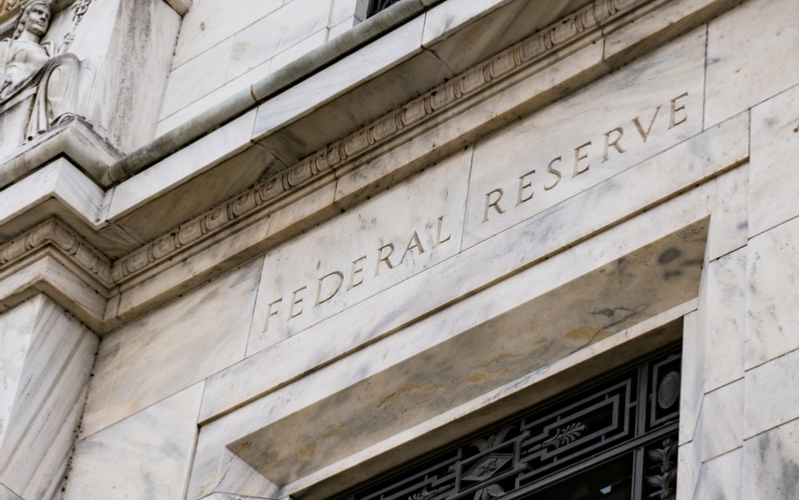The Fed is Hostile to a Self-Governing Society
The drama between President Trump and the Federal Reserve is escalating. Trump has been highly critical of the Fed’s decision to hike interest rates. He has even insinuated he would ask for Fed Chairman Jerome Powell’s resignation if the Fed continued to defy Trump’s wishes. Powell recently said he would not resign even if the president asked, setting the stage for greater conflict in the weeks to come. Forebodingly, the political influence on the central bank has reached a level not seen since the Nixon administration.
In light of this, the success of many liberal democracies, including the United States, in insulating their central banks from the rough-and-tumble of democratic politics appears to be an even greater achievement. Perhaps we do not want monetary policy to be democratic. After all, little seems sillier than allowing politicians on short-term election cycles to have control of the printing press. Is it really such a bad thing that monetary policy is undemocratic?
Actually, yes. While it is appropriate for monetary policy to be removed from active political interference, it does not follow that monetary policy ought not be judged according to democratic standards. Ultimately, democracy is not about plebiscites or representative government. These are not the substance of democracy, but its accidents. Democracy is an attitude, a way of understanding our collective public life, that provides the standards to which our institutions ought to conform.
Viewed this way, the democratic habit of mind recognizes three fundamental points that ought to structure our public institutions. First, collective action ought to be targeted, timely, and temporary. Second, if a proposal for collective action is too complicated for a small committee or town hall meeting, it is too complicated to be tried at all. Third, seeking political power is the primary disqualifier for wielding political power. Each of these commonsense intuitions reflects the reality that self-governing polities must zealously guard themselves against both arbitrarily wielded power by individuals and excessively conglomerated power by institutions, or else they won’t remain self-governing for long. Whether under the boot of the strongman or by the slow suffocation of bureaucratic mandate creep, democracy dies when we fail to guard against these abuses.
When viewed this way, it is quite obvious that monetary policy is undemocratic and that this is deeply problematic. First, monetary policy is an ongoing technocratic project that, gradually over decades, has come to impinge on a larger and larger share of the financial sector. It is precisely the opposite of timely, targeted, and temporary. Second, monetary policy is far too complicated for relatively small and manageable units of collective action. Central banks have entire armies of research staff and associated scholars, many of whom occupy the commanding heights of top-tier academic macroeconomics. Without this horde of experts, each of whom deals with matters far too specialized for general public discourse, monetary policy would not be possible. Third, each of these central bankers, from chairman of the Fed to entry-level researcher, has sought out their position, often fighting hard for it against a pool of other capable candidates. While this seems virtuous and meritocratic, it is in fact subtly insidious because this is competition for power. And make no mistake: determining monetary policy is definitely an instance of power. Though its practitioners rhetorically position themselves as benevolent, apolitical technocrats, the decisions of monetary policy makers reverberate throughout world financial markets with such far-reaching effects that virtually nobody is free from their influence.
Thus monetary policy as practiced by central banks violates all three of our democratic axioms. It’s no surprise then that central bankers across the world exhibit a combination of features that fill sophisticated political thinkers with dread: maximal power subject to minimal responsibility. To be a monetary policy maker today is to be empowered to affect the material livelihoods of millions across the globe, with scant consequences should that authority be misused.
There are many, many ways to change the institutional foundations of central banks to mitigate these problems. Which should be pursued is a complicated question that itself should be put to public debate, not decided behind closed doors among a small group of experts. The one certainty is that monetary policy as it currently operates fails to meet minimal standards of public responsibility and competence. If we are at all committed to self-governance, it is time for this to end.











